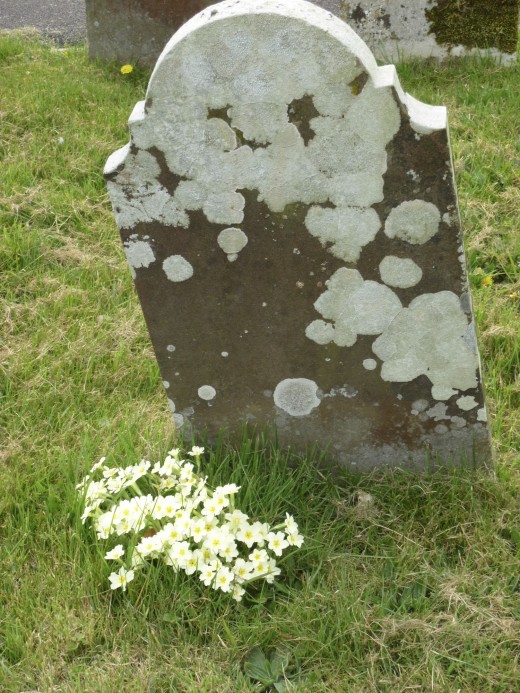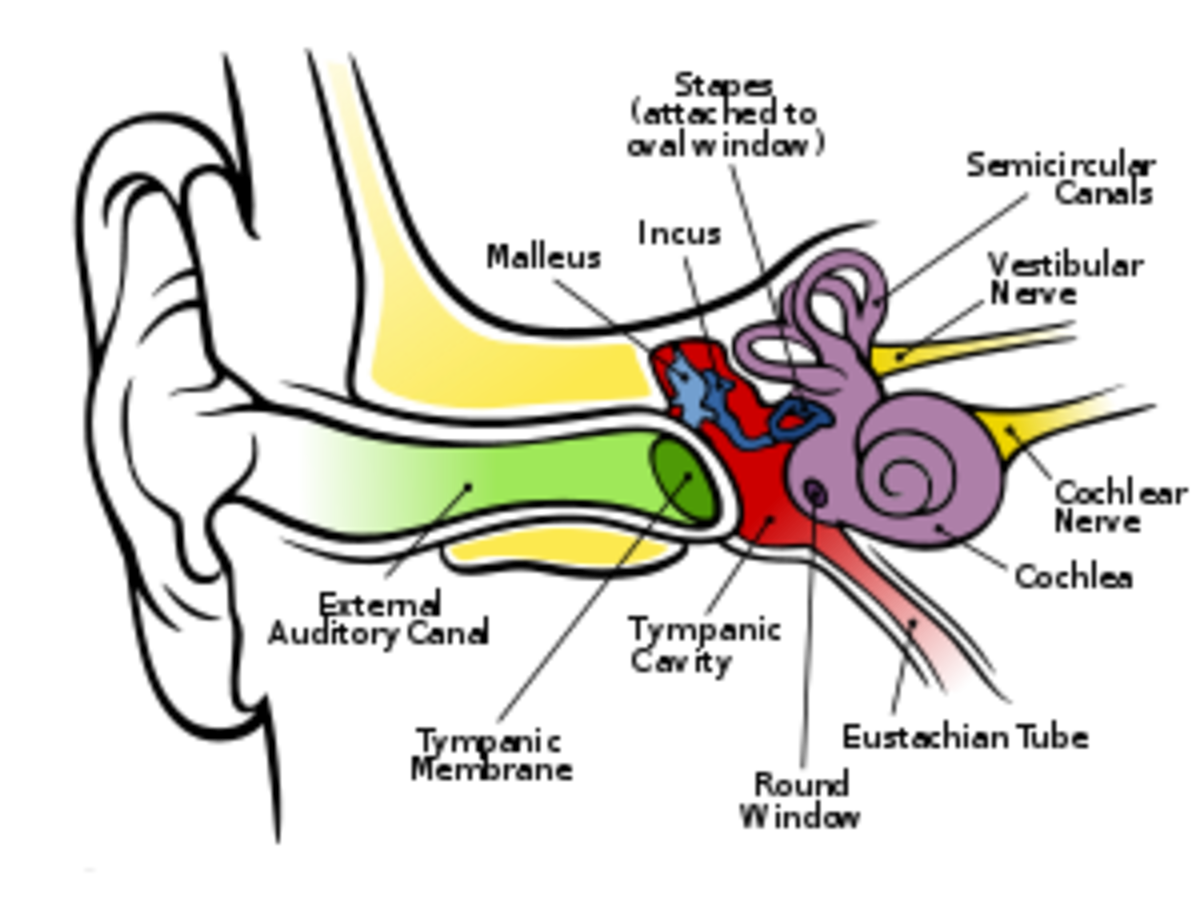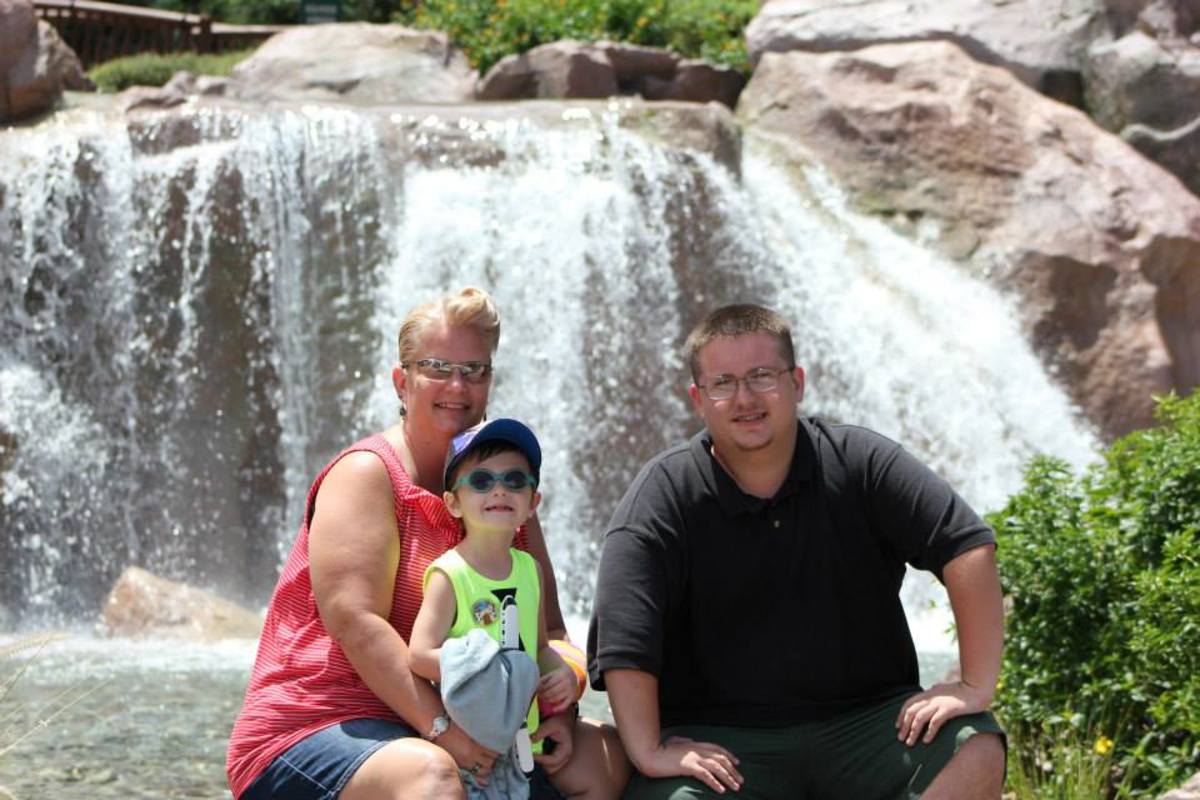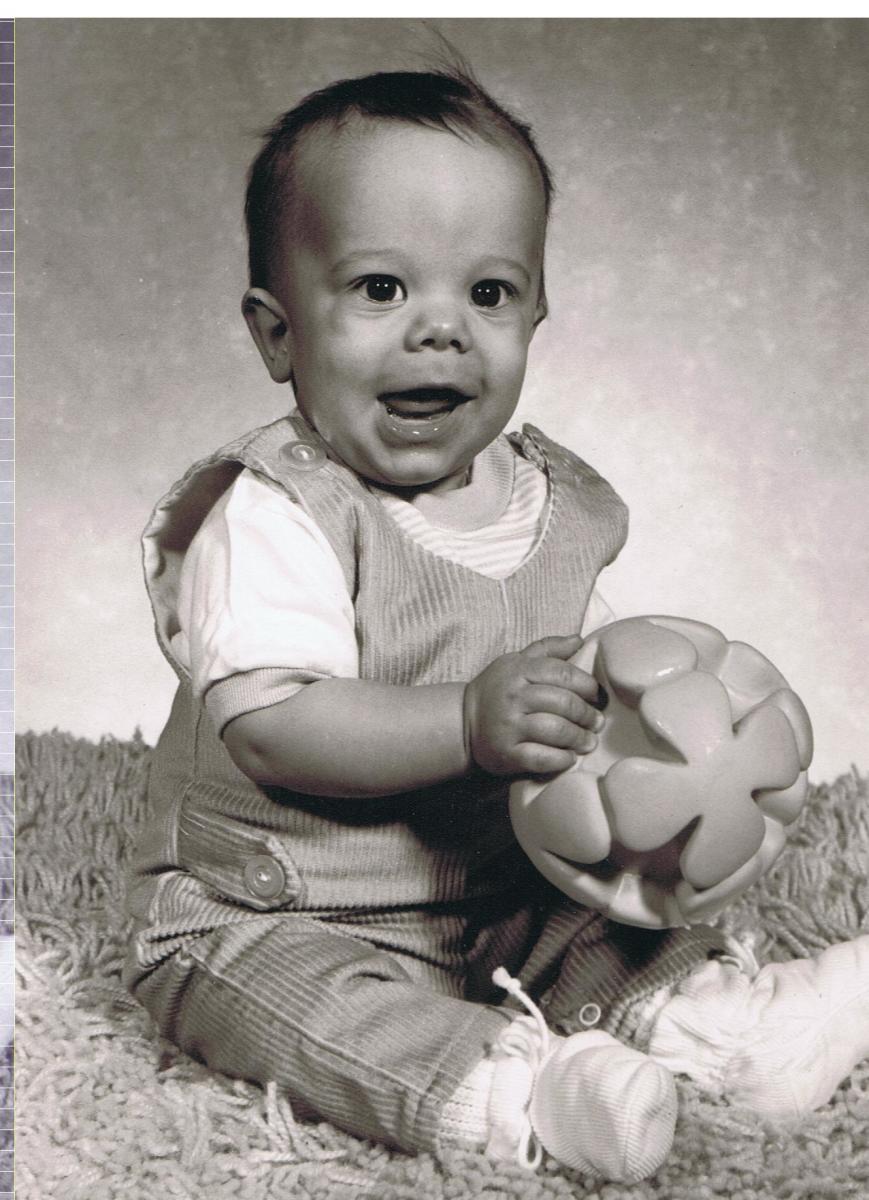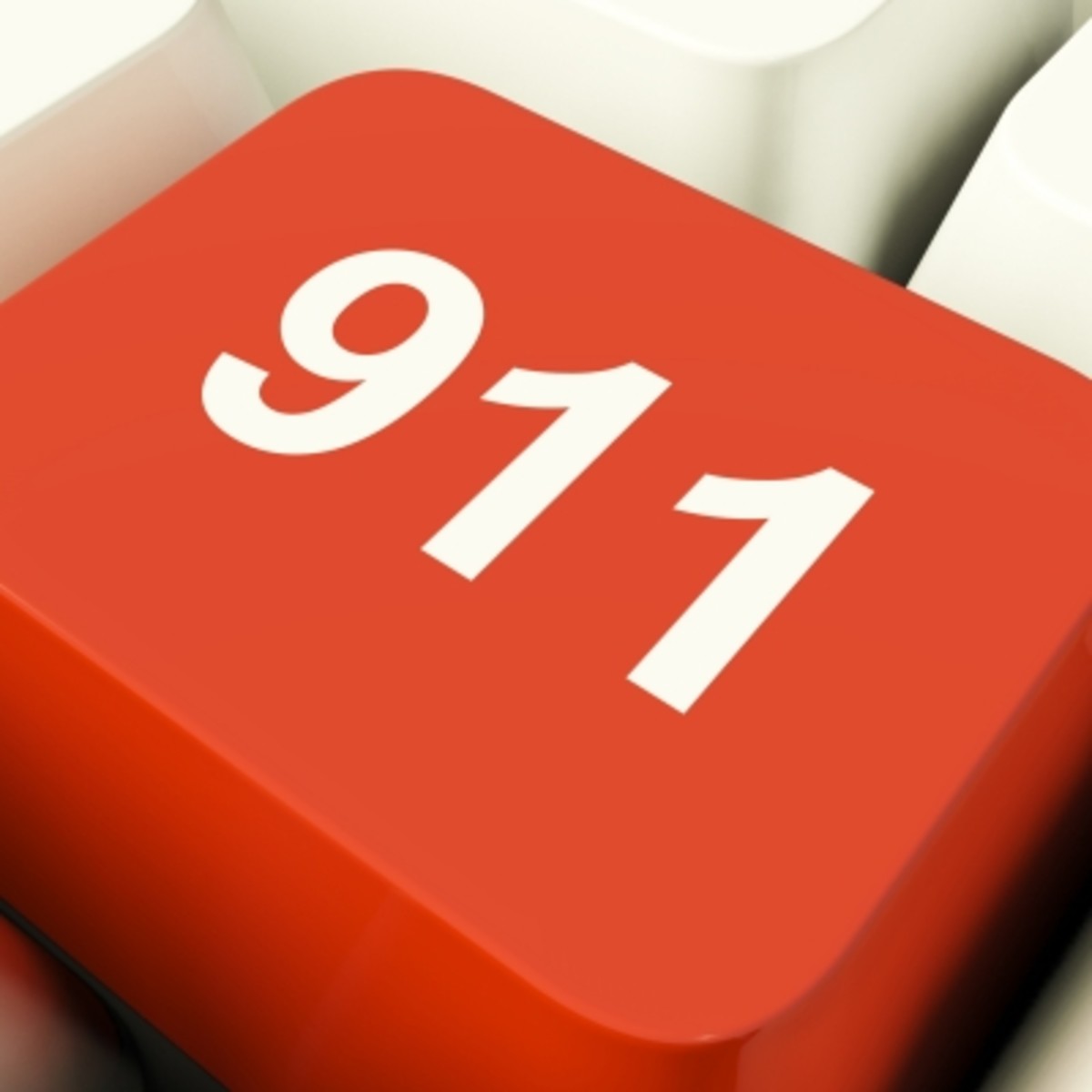Cancer: how to help a spouse or partner with terminal illness.
The unthinkable happens ...
The diagnosis confirms your worst fears. The fears you resolutely pushed aside when they whispered to you in the long dark hours of the night. You told yourself you were being over-dramatic, lots of illnesses had the same symptoms, it would turn out to be something simple. Why should you be picked out to endure the worst? Wasn't that scare-mongering of the most self-obsessed kind? But now the diagnosis says you were right to worry and the worst thing is, it isn't you who has the death sentence. It's your spouse, your partner, the person you love and your first reaction may well be to wish it was you who was going to die instead.


A personal perspective.
As I am writing this from a very personal perspective the information here must necessarily be very subjective but I still hope that it can help people supporting others in the same situation. It is not intended to be a definitive guide as there must be many ways to approach such a major life crisis and other people may well have found different coping strategies and obtained more help from professional care services. I can only outline the things that helped my husband and myself and what insights I gained during the last thirteen months of his life.
The first fortnight.
The first fortnight after diagnosis will seem unbearable. Time appears to stand still and all you can do now is endure, cry and rant and rail if you need to. Obviously a fortnight seems like quite an arbitrary time span and for some it may be less whilst for others it may be more but this is the crying time, the time to try to come to some sort of terms with the enormity of it all. It is entirely likely that you and your partner will feel bitter and cheated by life. There may also be regret as they assess their lives so far and the missed opportunities are remembered. There is no way around this time, it simply has to be got through and it could be that anti-depressants or tranquillisers may be prescribed if they do not interfere with any medication necessary for the illness.
The next step.
Once you both feel a bit more in control and, strangely, it will come, you can then begin to plan your fightback. Most people seem to want to put up some sort of fight, hope does seem to be a common emotion after the initial shock. Of course much will depend on what the terminal illness is and how long a residual life-term the person has been given. If time is very short and the person is in pain, then really all that can be done is to ensure that adequate pain relief is available and, if possible, that the sufferer gets to die where they wish.
Pain relief in the UK may mean the insertion of a syringe driver which is a small portable pump that administers a constant measured dose of pain relief or anti-nausea medication subcutaneously (i.e. under the skin). This can be taped to the shoulder if the patient is bed-ridden or alternatively, if the patient is still mobile, it can be easily carried in pocket or handbag (purse), clipped onto a belt or even retained in a small underarm holster. This means that pain can hopefully be reduced or eradicated and some sort of relatively normal routine may be maintained.
The value of routine.
For many people in this situation the ordinary routine of daily life can be beneficial in helping to distract them from a constant awareness of their situation. My husband told me that he did not constantly think of his terminal diagnosis, especially as time passed and although his mind sometimes strayed to thoughts of death he found he was unable to focus on it for long and it was easy to distract himself.
Don't assume you know what they want.
There is often the strange assumption that the patient will want to tour the world/bungee jump/swim with dolphins/see the Taj Mahal etc. with the brief time left to them. We seem to assume that they will want to live every day they have left at a fast pace. This may be true of some individuals but of all the cancer sufferers I have known I have never found that to be true. It would appear to be more of what the carer thinks they should want to do.
Even those people who were given a year or more and who had reasonable energy levels left after treatment preferred to stay in their home environment with the family and friends they loved and trusted around them. It seemed that familiar surroundings offered them a necessary comfort. I have known two family members with terminal diagnoses and neither of them wanted to stray far from home, far from the familiar. Apart from short breaks to much-loved holiday haunts in the UK they wanted simply to stay in their own surroundings and appreciate their family around them until the time came. But then, they may be the exceptions. So, the bottom line here is, before you book 'the trip of a lifetime' for your loved one, check whether or not they actually want one.
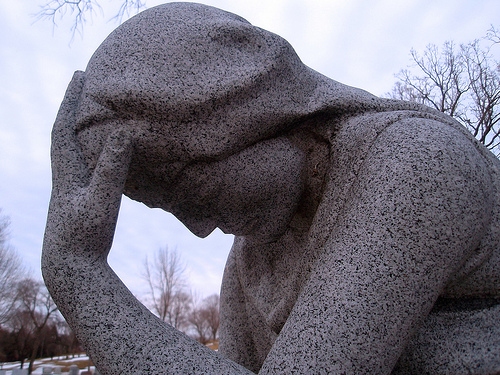
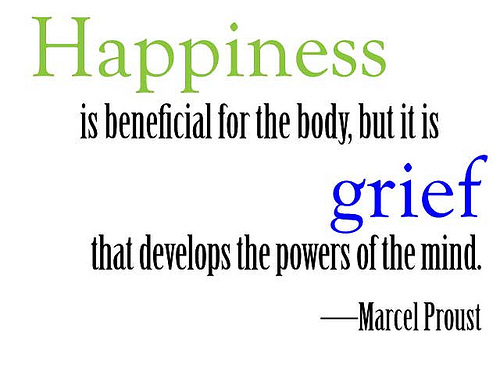
Take all the help you can get.
This may seem obvious but there are people who can't bring themselves to ask for help and there are others who still don't know there is a lot of help available. It is vital that you seek all the help you can get ... fast. That way you will be free to do the important job of providing love and support to your spouse.
I can only speak for the UK here but there are organisations who will support most terminal and long-term conditions in one way or another. It pays to be informed on behalf of the patient so look up the organisations either on the internet or in the Yellow Pages phone book. Contact them and deal with them to get the best possible care for your spouse.
In any event the doctor or hospital giving a terminal diagnosis to a patient will contact all the support organisations in the area on the patient's behalf as well as handing out the leaflets of such organisations. This will happen no matter how remote the district in which the patient lives. In my experience a terminal diagnosis in the UK automatically generates a rapid response from support agencies and a whole raft of help surfaces. From extra financial benefits from the Government to help you manage on a reduced income to nursing care in your own home, this is your support network ... use them ... they will help you help your loved one.
Can complementary therapies help?
Despite many people feeling these therapies are just so much 'snake oil' I believe they have a valid role to play in the care of the terminally ill and as I am retired complementary therapist you might expect me to hold such a view. However I believe that such therapies should be used in conjunction with mainstream medicine, hence the use of the word 'complementary' rather than 'alternative'. Perversely, the one man who lasted longest of all the cancer sufferers I knew lived for eleven year with prostate cancer treating it solely with the alternative methods of the Gerson Diet and coffee enemas. He lived a very full and vigorous life and almost seemed to find his battle with cancer a reason for living.
In my early desperation for a cure I sourced mineral supplements from Germany which made my husband joke to friends and family that he was 'on one pill from the doctor and twenty from the wife'. But I am convinced that the fact he grew hair rather than lost it during chemotherapy was down to these mineral supplements. His mind set was usually positive and he recovered quickly from his chemo. sessions which I believe was due to the deeply calming effect of reiki, the hands-on healing which I gave him regularly. Giving reiki is a two-way thing and it also helped me to help him as I was able to maintain a calm and positive outlook even though there came a time when I realised this was a battle we were not going to win.
I firmly believe that the combination of mainstream medicine with complementary therapies as an adjunct helped him to have thirteen months of excellent quality life. He was bed-ridden for only two weeks and gravely ill for only three days. He lived with utter stoicism during this time and died peacefully and with total dignity.

A place to die.
This is a tricky issue. Sometimes you don't have a choice. An illness that needs a great deal of intensive nursing means, inevitably, that the only place for the patient is a hospital or hospice and your doctor will advise this. But there are always the wishes of the patient to take into consideration too. It could be that your partner desperately wants to be in familiar surroundings for their final days.
This is something maybe you could talk over with your spouse's doctor in private and you may have to be fairly insistent. I was lucky, once I informed the doctor of our choice a whole body of support emerged to help. District nurses descended regularly to monitor and top up the medication in the syringe driver. They helped me bathe him, turn him and change bedsheets. They exchanged cheeky banter with him and generally cheered up our day.
Being at home can also mean that family members may be able drop in regularly to chat and even help with the nursing care and let you take a break for an hour or two. This can not only be beneficial for you but also for them. Knowing they are needed and have been useful can sometimes help them with their own grief. The only thing to beware of is is to make sure they are mentally strong; only choose those with a positive mental attitude. You don't need me to tell you that anyone who dissolves into tears all the time is going to be no help at all.
Macmillan Cancer Support is another place to access help and nursing support. Their specially trained cancer nurses will often take over any nursing care that is needed at night which will allow you to get the sleep you need to stay in control during the daytime.
Looking after yourself.
Remember that none of this is your fault, there is nothing you could have done to avoid this situation and you should not feel guilty because you are going to live. More than this you have a duty to look after yourself at this time. Far from being selfish it is absolutely essential that you try to get regular unbroken sleep and adequate nutrition. These things will help you to develop and maintain the mental strength you will need to enable you to care properly for your spouse. They may become difficult and complaining, understandably many of them become totally self-obsessed, some may become angry or even incomprehensible and you will need a great deal of fortitude to care for them.
This caring process will not finish until after the funeral which should be your last act of love and support for them. Only then can you take the time to mend yourself and be ready to give yourself as much love and care as you have shown your deceased loved one. Only then can you start to think of moving on with your life, slowly, one step at a time.
For information about caring for someone with cancer contact:
For information on Disability Living Allowance contact:
